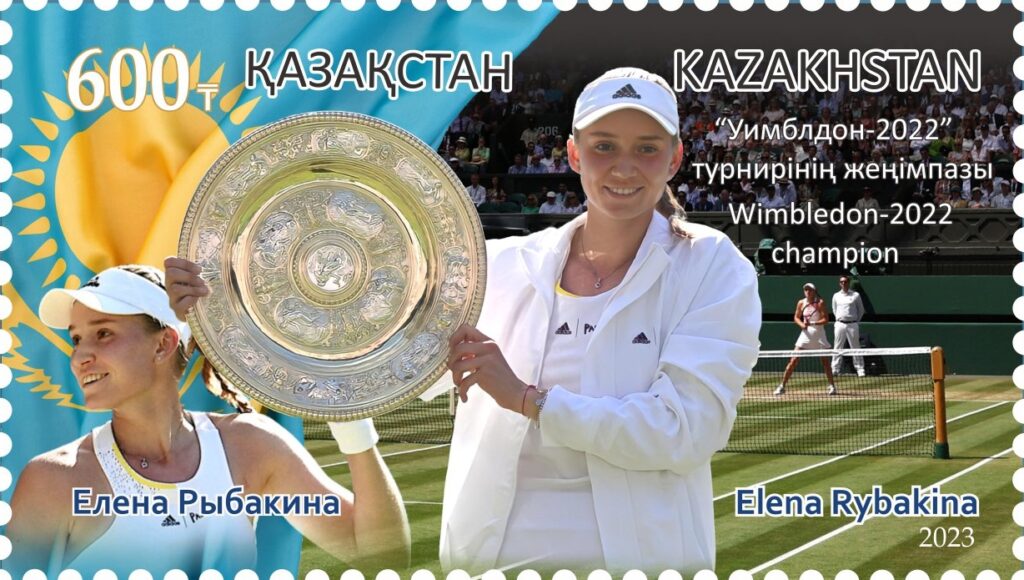Kazakh Tennis: Foreign-Born Talent and Grassroots Programs
ALMATY, Kazakhstan - Elena Rybakina, a Moscow-born citizen of Kazakhstan, considers her run to the final of the Miami Open this past weekend to be a success. Kazakhstan’s tennis federation duly noted the achievement, but what it really wants to see is more homegrown talent making a splash in global tennis. “It was a great two weeks. A lot of tough matches, great battles,” said 24-year-old Rybakina, who won five matches on her way to the final, where she lost to American Danielle Collins. Rybakina, the world No. 4, won Wimbledon in 2022 and was runner-up at the Australian Open last year. Rybakina played at Spartak Club in Moscow as a junior but secured citizenship in Kazakhstan in 2017 after the tennis federation there offered generous support for her career. Her Wimbledon victory came in a year when players from Russia and Belarus were barred from participating because of international tension over Russia’s invasion of Ukraine. Rybakina’s Wimbledon triumph was met with a “mixed reaction” by some observers who wondered about the state of grassroots tennis in Kazakhstan, said Yuriy Polskiy, vice president of the Kazakhstan Tennis Federation and president of the Asian Tennis Federation. Polskiy wrote in an article published in Euronewsweek in February that 10 Kazakhstanis finished the 2023 season in the top 100. While some players competing for Kazakhstan were born outside the country, all the players in the junior rankings were born and trained in Kazakhstan, he said. Top talents include Amir Omarkhanov, who this year was the first Kazakh player to reach the Australian Open Junior Championship quarterfinals. On the women’s side, Asylzhan Arystanbekova reached the quarterfinals at the junior doubles tournament in Melbourne this year. Bulat Utemuratov, president of the Kazakhstan Tennis Federation, has led development of national tennis, spending big sums since he became head of the federation in 2007. Today, players who are 14-16 years old have been training for about a decade and there are 48 modern tennis facilities with 360 courts, most of them indoors, according to tennis officials. The cost of court rentals has plunged and the number of children playing tennis has soared in Kazakhstan. “They are the ones who will represent Kazakhstan at professional tournaments in the future, and the country won’t have to bring players from elsewhere,” Polskiy wrote. For now, Rybakina and Alexander Bublik, another Russia-born player who changed citizenship and is ranked No. 18 in the world, are the biggest names in Kazakh tennis.

